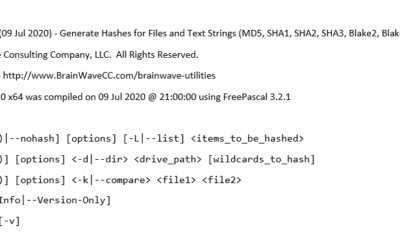This month in CIO Magazine is a very interesting article on Change Management which points out that truly innovative companies value discipline as much, if not more, than they do freedom and flexibility of execution.
And the difference between those organizations that had high levels of innovation vs. those that didn’t is substantial:
The findings quantified distinctions between IT shops that live for the average and the few that take process leadership seriously. Elite IT performers weren’t just two or three times better than median performers—they were seven or eight times better. High performers—roughly 13 percent of the 98 sampled—contributed on average eight times more projects, four and a half times more applications and software, four and a half times more IT services, and seven times more business IT changes. They implemented 14 more changes with half the failure rate.
The article also makes the following key observation:
Enterprises reluctant to punish unauthorized change agents guarantee dysfunctional cultures of lax discipline and process subversion. What makes this insight managerially excruciating is the simple truth that, in so many IT organizations, unauthorized fixes are sometimes the best and most important. We’ve made it OK to scramble top coders to make swarms of not-quite-legit last-minute fixes. Think about that. Then ask, When was the last time your shop audited the impact of unauthorized changes? Take the next step: When was the last time your organization disciplined or dismissed the perpetrator of unauthorized changes?
And stricter control leads to better execution, which leads to increased confidence from the business, which ultimately leads to bigger IT budgets, which significantly benefits the business.




